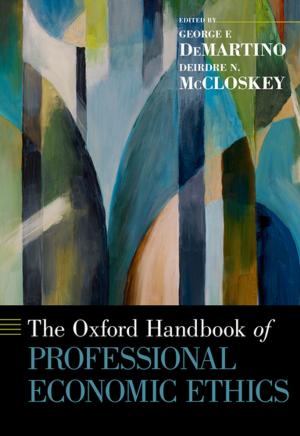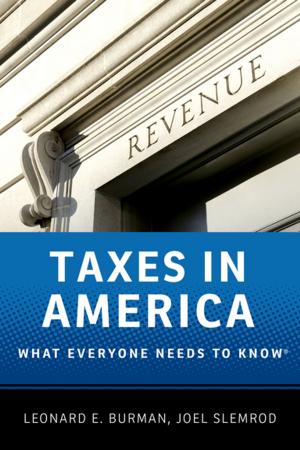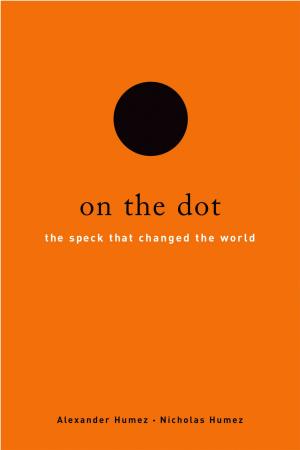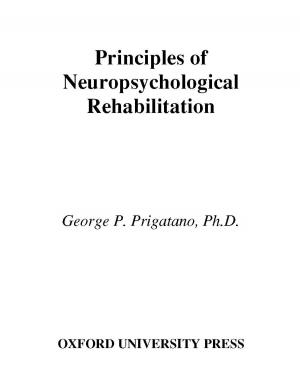Outside In
The Transnational Circuitry of US History
Nonfiction, History, World History, Americas, United States| Author: | ISBN: | 9780190459871 | |
| Publisher: | Oxford University Press | Publication: | November 15, 2016 |
| Imprint: | Oxford University Press | Language: | English |
| Author: | |
| ISBN: | 9780190459871 |
| Publisher: | Oxford University Press |
| Publication: | November 15, 2016 |
| Imprint: | Oxford University Press |
| Language: | English |
Outside In presents the newest scholarship that narrates and explains the history of the United States as part of a networked transnational past. This work tells the stories of Americans who inhabited the border-crossing circuitry of people, ideas, and institutions that have made the modern world a worldly place. Forsaking manifestos of transnational history and surveys of existing scholarship for fresh research, careful attention to concrete situations and transactions, and original interpretation, the vigorous, accomplished historians whose work is collected here show how the transnational history of the United States is actually being written. Ranging from high statecraft to political ferment from below, from the history of religion to the discourse of women's rights, from the political left to the political right, from conservative businessmen to African diaspora radicals, this set of original essays narrates U.S. history in new ways, emphasizing the period from 1870 to the present. The essays in Outside In demonstrate the inadequacy of any unidirectional concept of "the U.S. and the world," although they stress the worldly forces that have shaped Americans. At the same time, these essays disrupt and complicate the very idea of simple inward and outward flows of influence, showing how Americans lived within transnational circuits featuring impacts and influences running in multiple directions. Outside In also transcends the divide between work focusing on the international system of nation-states and transnational history that treats non-state actors exclusively. The essays assembled here show how to write transnational history that takes the nation-state seriously, explaining that governments and non-state actors were never sealed off from one another in the modern world. These essays point the way toward a more concrete and fully internationalized vision of modern American history.
Outside In presents the newest scholarship that narrates and explains the history of the United States as part of a networked transnational past. This work tells the stories of Americans who inhabited the border-crossing circuitry of people, ideas, and institutions that have made the modern world a worldly place. Forsaking manifestos of transnational history and surveys of existing scholarship for fresh research, careful attention to concrete situations and transactions, and original interpretation, the vigorous, accomplished historians whose work is collected here show how the transnational history of the United States is actually being written. Ranging from high statecraft to political ferment from below, from the history of religion to the discourse of women's rights, from the political left to the political right, from conservative businessmen to African diaspora radicals, this set of original essays narrates U.S. history in new ways, emphasizing the period from 1870 to the present. The essays in Outside In demonstrate the inadequacy of any unidirectional concept of "the U.S. and the world," although they stress the worldly forces that have shaped Americans. At the same time, these essays disrupt and complicate the very idea of simple inward and outward flows of influence, showing how Americans lived within transnational circuits featuring impacts and influences running in multiple directions. Outside In also transcends the divide between work focusing on the international system of nation-states and transnational history that treats non-state actors exclusively. The essays assembled here show how to write transnational history that takes the nation-state seriously, explaining that governments and non-state actors were never sealed off from one another in the modern world. These essays point the way toward a more concrete and fully internationalized vision of modern American history.















